Tiny Changes I’ve Made: My Journey to a Zero Waste Sustainable Home

This post contains affiliate links clearly marked with *. It also contains products I have been gifted as part of a working partnership with that brand.
I’ve been wanting to write this post for so long but something has held me back.
I do not live a zero waste life. I am in no way perfect when it comes to sustainable living – but I have been trying hard and continue to try to be the best citizen of this planet I can be. There’s a quote batting about the internet that reads something like ‘we need more people doing zero waste imperfectly than one person doing it perfectly.’ It was this that made me want to share my own less than perfect journey.
The easiest solution to reducing waste is a minimalist one – buy less to begin with and buy better that will last longer where possible. Having said that, we still need to consume stuff to survive and live a joyful life. I’ve been experimenting with what I do consume in a bid to reduce the waste I produce and become a more sustainable citizen. These are the switches I’ve made.
Keep cup* – I take this thing with me everywhere so I don’t need to buy tea or coffee with a single use plastic lid. Some coffee shops even give a discount when you use one and they always give it a rinse out for me when it’s a bit dirty.
Metal water bottle* (gifted) – this is a blessing this summer as it keeps drinks cold for 12 hours (it’ll keep hot drinks hot for 12 hours too). Using this means no more single use plastic bottles. When I find myself without it I try to buy canned drinks instead of plastic.
Milkman – one of the most impactful switches we’ve made. No more plastic bottles and no more having to remember milk on the weekly shop. Every Monday, Wednesday and Friday it appears outside my front door. Have a google and you should find a local supplier. For fellow Peak District dwellers we use Middletons.
Glass jars* – My kitchen now resembles an old fashioned sweet shop that wouldn’t look out of place in a Roald Dahl story. I’m trying to get to the point where I regularly visit our local zero waste store to get them refilled, but for now I use them as storage so I can buy in bulk and a way of saving leftovers. I label everything with this white chalk paint pen.
Cotton shopping* and food bags* – the big cotton bags hold all the shopping and these little ones are great for fruit and veg.
Refillable glass bottles – the idea was to visit a zero waste store for refills but I can’t find a local one with decent products. The other option was to make my own products but I’m not quite there yet. For now I use these so I can buy in bulk and decant the amount of product I need.
Safety razor – don’t try to take this through airport security in a carry on case. You will be stopped, you will have the blades taken off you. I’ve tried and failed. Travel aside this has been a good switch for me. I’m no longer buying and disposing of plastic razors. Expensive in the outset but it should save me money in the long run. Travel wise I can either go au naturale for the week or borrow J’s razor.
A plastic free period – this has been my most surprising switch. I haven’t bought any single use sanitary products in over a year and I’d never go back. I alternate between washable towels*, my organi cup and washable period pants. The surprise has been that I find all of these products more comfortable than the single use products I used to buy.
Wash cloths – I use these to wash my face and have done for years. Honestly, once you’ve done a hot cloth cleanse there’s no going back. Click here for a tutorial that will change your life if you’re new to this method. They’re a great replacement for face wipes and I use a separate colour set in place of kitchen roll.
Toothbrush* (gifted) – The toothbrush was invented in 1938 and every toothbrush that has been made since is still in existence. This fact alone was enough to encourage me to try a wooden alternative. I’ve found these from Organic Basics to be the best alternative.
Solid shampoo & conditioner – A new experiment for me and one that’s taking time to adjust to. I’m determined to switch from plastic heavy shampoo and conditioner but with unruly fine curly hair it’s not easy. I’m open to suggestions if you have any good ones.
Soap (gifted) – an easy switch I’ve made and I’m pleased to report it is a myth that soap is drying. If that’s the case, you’re using the wrong soap.
Washable face pads – I don’t use face pads that often but these are great for removing heavy eye makeup or applying skin care like glycolic acid.
Cotton buds – these bamboo alternatives are simple, sustainable and do the job just as well as plastic ones. They even arrive in plastic free packaging.
Buying wood, metal and natural material instead of plastic – this is an ongoing endeavour. Whether it’s lights or furniture for the house, whenever I’m choosing something new, plastic is at the very bottom of my list.
Fountain pen (bought in the sale but I can’t find a sale link anymore, sorry) – Technically this should be under the work category but seen as I work from home this felt like the right place. A large portion of my day is spent writing. No matter how much I try to change, I’m also a pen and paper girl.I bought this pen for myself as a treat recently but I also had sustainability in mind. It came with a converter so I don’t need cartridges. I’m hoping this (mostly) glass bottle of ink will last me a long time and save me buying a lot of pens in the future.
If I was to give one piece of advice for someone at the beginning of their journey it would be to switch slowly but surely. The climate changes we’re facing are in the news and media constantly and the whole issue, whilst very serious, can quickly become a source of heightened anxiety (raises hand). Do what you can, where you can and be kind to yourself along the way.
Should I give a second piece of advice it would be not to throw out all your plastic and start again. The zero waste sustainability movement is easy on the eyes and alluring for even the most strict of minimalists. Throwing out all the plastic you’ve got will only add to the problem. Repurposing what you can and replacing the rest with sustainable alternatives an and when necessary is an approach the planet will thank you for.
A final word on privilege. Sustainability is expensive, and there seems to be no way around it. This fact makes me feel so sad. Adopting a more sustainable lifestyle will always mean spending more on less however this simply isn’t possible for everyone. Again, do what you can, where you can and be kind to yourself and others along the way.
Are you trying to reduce the amount of waste you produce and become more sustainable too? Made any switches worth recommending? Let us know in the comments.

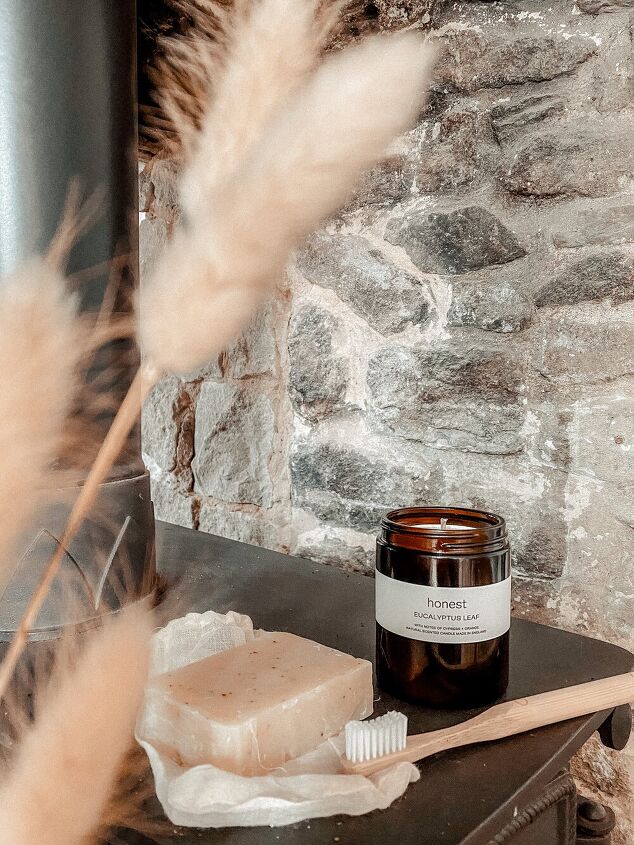



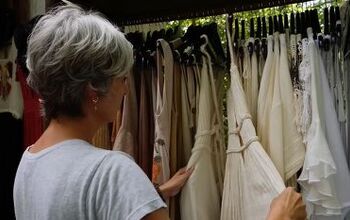
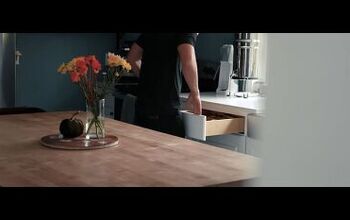
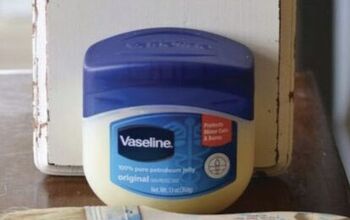
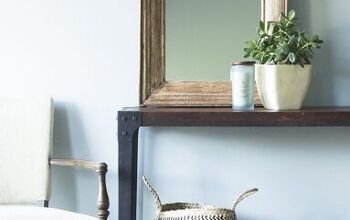
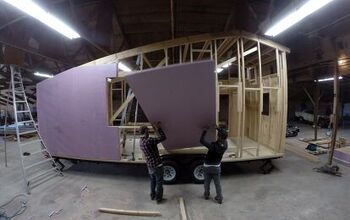
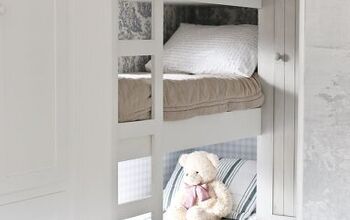
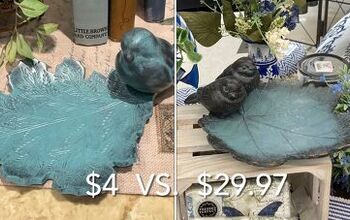
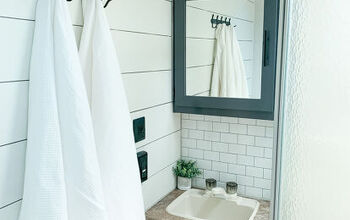
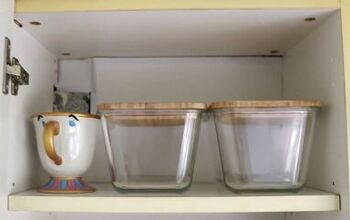
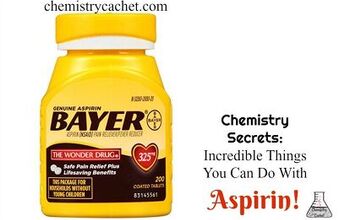
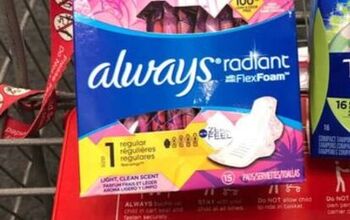
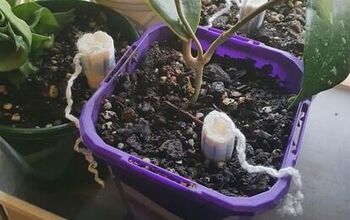
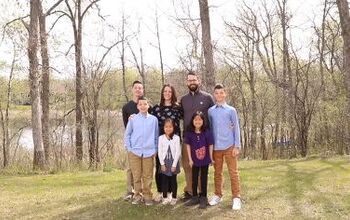
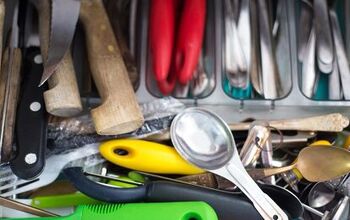
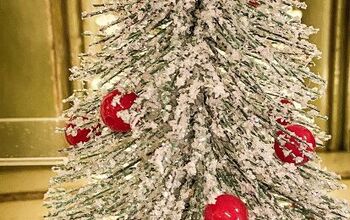
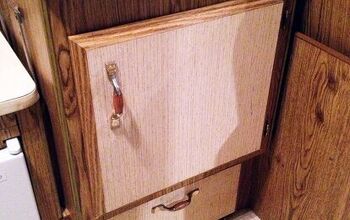
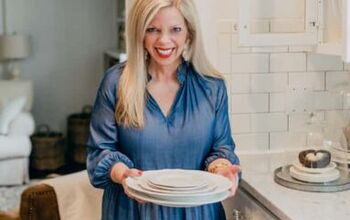
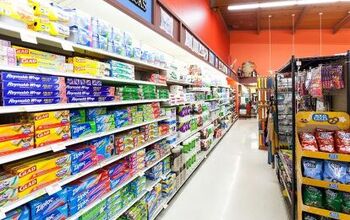
Comments
Join the conversation
Combine errands whenever possible. Don't go running to the store for just a couple of items you need for something you are cooking. Either make a change in your menu, or try substituting some ingredient you have on hand. For example, I always keep powdered milk on hand in case I need milk for a recipe and am running low on fresh. Be creative--you might find you like your new recipe just as well or better. If I have a hair cut appointment, I also go to the bank, grocery store and mailbox while I'm out; therefore saving gas on making some quick trip out to do one thing.
Turn off the lights in rooms you are not using. Use solar lights to light your yard and outside of the house.